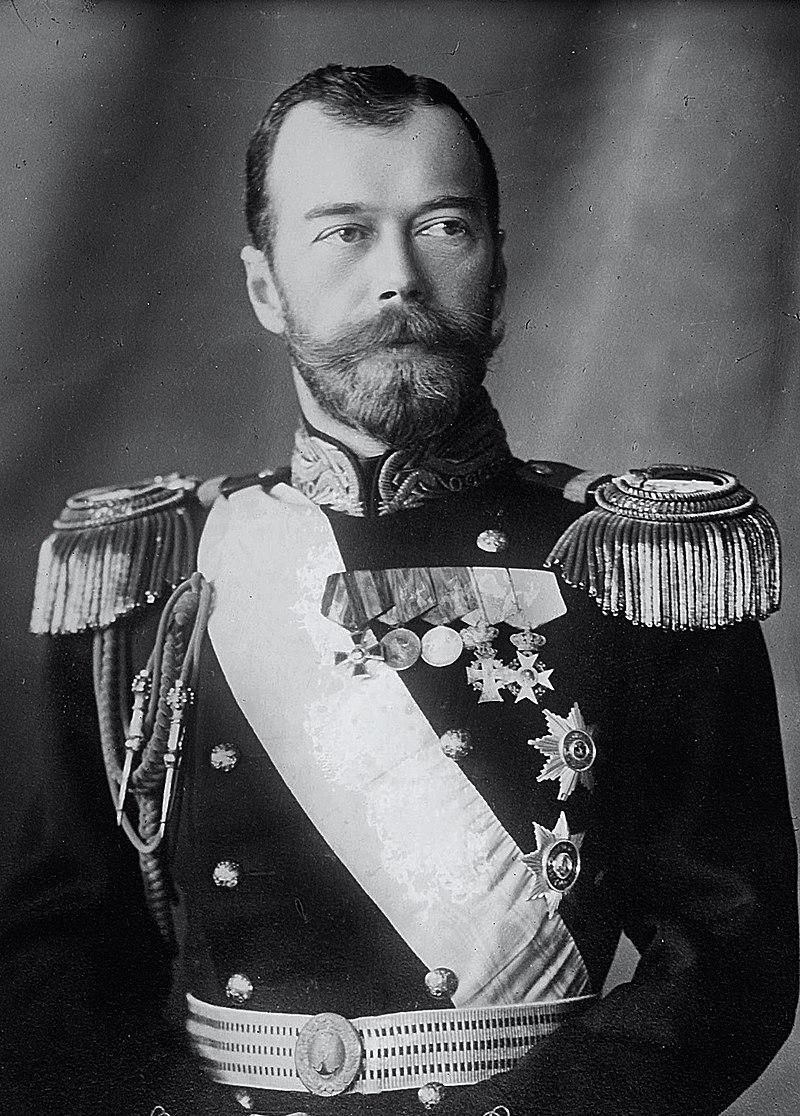On March 5, 1995, the graves of Russia’s last Tsar, Nicholas II, and his family were discovered in a forest near St. Petersburg, nearly 80 years after their deaths. This discovery was a significant moment for the country, as it provided closure to many unanswered questions about their fate and demonstrated that even today, such mysteries could still be solved.
Three years after human remains were discovered by amateur archaeologist Alexander Avdonin near Sverdlovsk, the bodies were excavated and sent to various laboratories for DNA analysis. Russian, British, and American scientists officially identified the remains as those of Tsar Nicholas II, his wife Alexandra, and three of their daughters. Alongside them were the bodies of four non-family members who had been killed as well. However, the remains of one daughter, Anastasia, and their son, Alexei, were still unaccounted for.
The discovery of the Romanov graves, announced by investigators with the Russian government, was a testament to their unwavering dedication and marked the end of the Soviet era. It was believed that Bolshevik forces had killed them during the Russian Revolution, and their remains had been hidden away ever since then – making it impossible to confirm or deny these claims until now. On July 17, 1998, the family’s remains were interred in Saint Petersburg at St. Peter and Paul Cathedral. Despite initial reservations, Russian President Boris Yeltsin, one of the many politicians and ambassadors in attendance, commented on the event’s profound historical significance, “For many years, we kept quiet about this monstrous crime, but the truth has to be spoken.” The family was later canonized in 2000.
In July 2007, a historian working near Yekaterinburg discovered the bones of a boy and a young woman. The following April, after the case of the imperial family was reopened, the bones were exhumed and tested. The DNA analysis provided irrefutable evidence that the bones belonged to the missing Romanov children, Anastasia and Alexei. Despite this conclusive proof, Alexei and Anastasia have not been moved to St. Petersburg with the rest of their family due to skepticism from the Orthodox Church.

